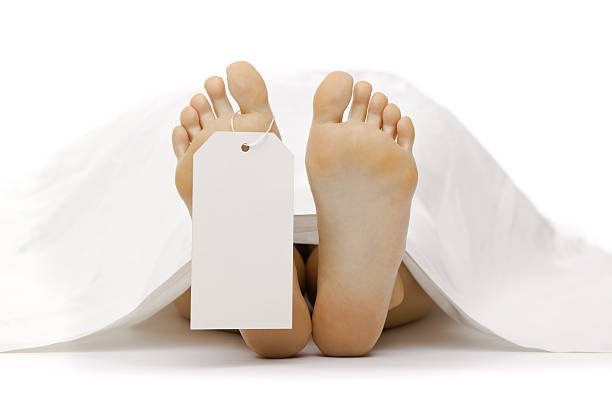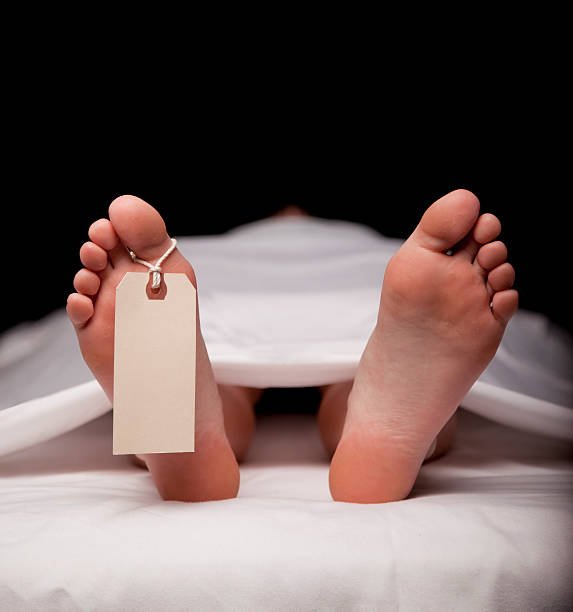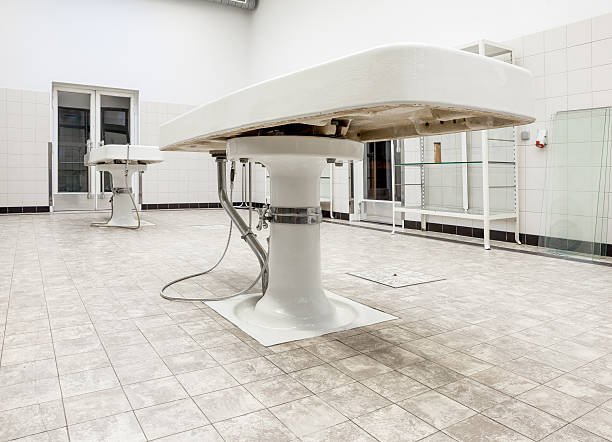
The objective of a Mass Fatality Management Solutions team is to ensure that victims of accidental injuries, fatalities and other types of deaths are properly and swiftly buried following death. In mass situations such as accidents, a series of tasks must be undertaken to ensure the proper disposal of the deceased. An example of this may include the placement of emergency rescue workers, emergency medical technicians, forensic experts and pathologists in strategic areas in buildings where victims of casualties may reside or work. In many mass casualty management cases, the involvement of various teams is required to accomplish these mass casualty management goals. The aim of this article is to provide an overview of several of these different mass casualty management teams.
Mass Fatality Management Solutions involves a group of organizations that work together to provide temporary living and emergency medical care to those in need. Included in this are: emergency medical services, temporary sheltering and rest homes, funeral home staff and volunteerism organizations. The primary objective of the mass care teams is to meet the temporary needs of those in need for services other than burial. Each mass casualty services company has been carefully selected to meet the requirements of families who may need additional assistance in meeting their particular needs.
The goal of the Technical Assistance team is to assure that technical assistance in the form of trained staff members assists in the placement and preparation of the body for burial following death. They provide direct customer support in matters of personal identification, vital sign photography,
cremation, transfer, casket, memorial service and final disposition of human remains. The Technical Assistance staff works closely with mortuaries, emergency medical care centers, temporary shelters, physician referral services and certified public health specialists. In addition to providing direct technical assistance to the public in matters of public health, the team provides direct access to the patient, family and friends with the purpose of facilitating their release into the community supervision and care. The Technical Assistance staff is also responsible for transporting a patient's personal property if death and other circumstances require transportation.
As defined by Mass Health, the term temporary physical barriers is defined as "a system that provides temporary barriers for the protection of life-support systems such as ventilators and heart-lung equipment during operations in which life-support is unavailable." The goal of the Mass Media Services team includes the provision of technical assistance to families in matters of burial, cremation, transfer, casket and other services necessary to maintain the dignity of the patient. This team is committed to providing dignified burial with dignity and respect. For example, it is not uncommon for a client to call for a face mask, however the client may not have one available at the time. The team will try to search for the face mask that is appropriate for the period of time in which the call was placed. If it is not found on the immediate call for help, the team will attempt to find one that is easily available.
In facilities where services are provided by a contract employee who is hired on a per hour basis, it is possible for families to call and request for the same services and technical assistance throughout the hours that the staff is on the clock. Families who need these services beyond their regular operating hours can simply call and ask for technical assistance at any time. These same families may also want to call and ask to be connected with a person who can assist them with matters that fall outside the scope of their regular operating hours, which often include assistance with temporary physical barriers. Such a person can be called upon to arrive in a timely manner in order to provide temporary assistance in order to keep the patient comfortable and safe.
A licensed Mass Media Services company is required to obtain approval from the local government before offering services in any area. This local government approval process includes an exhaustive review of standards and regulations specific to the area in which the company is offering its non-emergency services. If an institution is in violation of these local regulations, the local government will take immediate action. The standard applied to all Mass Media Services companies is that all applicants must demonstrate an obvious interest in serving the public through the provision of emergency and community services, and that such services are performed in a responsible and professional manner. Find out more details in relation to this topic here: https://www.encyclopedia.com/history/modern-europe/british-and-irish-history/mortuary.


